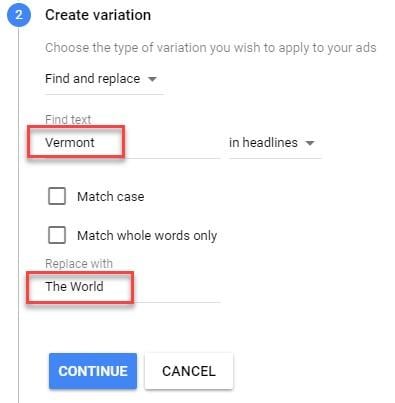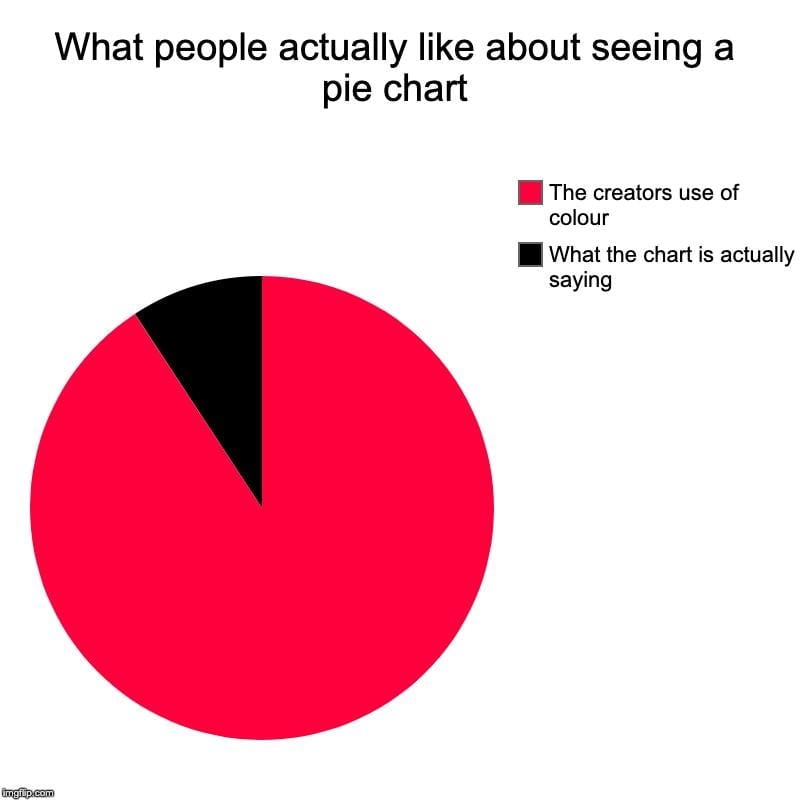
Automation is changing the workforce across industries all over the world, and digital marketing is no exception.
From scripts that pause your ads when items are out of stock to automated bidding strategies to manage your bidding, automation can remove the laborious manual tasks associated with day-to-day account management and optimisation.
Now what?
But there’s no need for panic: Automation will not replace the role of PPC specialists. There are some things that automation and machine learning just can’t do—some tasks that absolutely require human digital marketers.
So how can you adjust your role as a PPC specialist in the age of automation? Here are ideas that can help you take advantage of the opportunity to reshape your role and become a better, more effective marketer.
1. Solidify your foundations
With more time on your hands there is simply no excuse not to have the very basic best practices implemented into your account, and more importantly, not to have them kept up to date.
Ad variants
You should be aiming for each of your ad-groups to have a minimum of 3 different ads. And don’t just repeat the same ad with a different H2! Ad variants are a perfect opportunity to see what copy works best for your audience. Test different CTAs, re-word promotional messaging, or test different headline placements for your brand name.
Ad extensions
Ad extensions provide more details regarding your product or service and can greatly increase the real estate of your ad in results. It is therefore crucial that you use them and add as many as relevant to your account. The more extensions and variations you have, the more likely they are to show with your ads.
2. Keep up to date
There are always new features and updates being released, and it can be easy to miss out on new opportunities for your account. But if automation can free you from time-consuming manual account updates, then you can use that time to stay on top of industry updates or trends.
Responsive Text Ads
Following the release of this new ad format last year, Google has now also started recommending headlines and descriptions when creating RSA ads. This will make using the ad format quick and allow you to benefit from their new machine learning offering.
Headline 3 and Description 2
Google increased the size of Expanded Text Ads to include a third headline and a second description. The character limit for the descriptions also increased from 80 to 90. This is the perfect opportunity to not only gain more visibility in search results, but also more space to promote your USPs to help you stand out even more.
Headline 3 and Description 2, alongside the new 90-character description limit.
Familiarise yourself with the new Google Ads Editor V1.02
With improved usability designed to allow you to get jobs done quicker and easier, the current Google Ads Editor’s most noticeable changes include the introduction of a right-hand side edit panel and also search functionality. Most importantly, unlike the interface changes of 2018, the new editor platform has gone down well within the PPC industry!
3. Spring clean
It is all too easy to end up with an oversized account—and this is not only tricky to manage but also full of poor quality content. With automation helping manage day-to-day account optimizations, you can focus your attention on the bigger picture: the overall health and performance of the account.
Reduce wasted spend
Regardless of your budget, ineffective spend is wasted money. Take time to review and identify poor performing and expensive keywords, implement bid adjustments to ensure spending is focused on the most fruitful opportunities and ensure your return on ad spend, or ROAS, is in line with your accounts goals.
Reduce unnecessary spend on irrelevant traffic and poor intentions.
Negativekeywordlists
Revise and update your negative keyword list using historical search terms. Not only may you find terms which you can exclude to help decrease irrelevant traffic, but you’ll probably find some cracking comedy ones along the way.
Check ad content
Don’t end up being the guy with ads offering expired promotional codes. Pause out-of-date content that managed to escape end date scheduling to ensure your content is up to date and not causing user dissatisfaction. There’s nothing like an ad mentioning Christmas shipping times to confuse a user during summertime.
Revamp your reports and client communication
When your job role revolves so heavily around numbers, statistics and graphs, it can be easy to underestimate how complex these insights can be to others. Even the most senior of stakeholders may have difficulty making sense of vCPMs and understanding what DSAs actually do. If you are currently reporting on PPC performance then consider a revision of the report template. Are there any areas missing, sections that could benefit from further clarification, or the option to add some interesting visuals in? You may want to consider adding an executive summary to your report, to provide the context that stakeholders may need to make sense of the data.
Most importantly, don’t be afraid to speak to those who receive the reports to ensure they have the content they need or if there are areas which are of no use to them. As beneficial as algorithms, scripts, and automation can be, they lack the interpersonal skills that only a human can provide.
Everyone likes a pie chart!
Knowledge sharing
Have you come across search terms that could act as starting points for PR content? Have you noticed your high CTR campaign isn’t generating conversions likely due to usability issues? Or maybe you’ve got a list of high performing keywords that could be used for SEO? PPC can generate fascinating insights on user behaviour which can play a valuable part in other areas of digital marketing. Sharing observations with other departments could give them the insights they need for their own strategies, and they may be able to offer some of their own in return.
4. Learn
Automating day-to-day optimization also lets you learn and continue to develop your own skills and knowledge. There are so many ways to continue investing in your own development which will, in turn, help you stay ahead of the curve and become a better specialist.
Block out learning time
Try blocking out time—even an afternoon once a month—focused solely on your own reading and development. Use this time to catch up on the tons of articles you’ve been bookmarking or to take a deep dive into an issue you’ve come across. Do your best to keep this time free of distractions such as emails, texts, and meetings.
Time to learn.
Expand your knowledge
Being a specialist doesn’t mean that you should only focus on your particular field when it comes to learning and development. Think about topics which complement your existing specialism, such as consumer psychology, website usability, or copyright law. Upskill yourself. Not only will this help you to have a better understanding of the environment around your field, but it will also help to reduce fatigue from focusing on a single track of work.
Attend events and exhibitions
We all understand the benefits of attending events, but sadly time constraints usually get in the way. Seminars, training sessions, and networking are all beneficial to your personal development and can help ignite some ideas for your own work. By using time-saving automation into your accounts, you are now more likely to be able to afford to get away from your desk and take advantage of these events.
And don’t worry about your accounts, the automated bidding strategies have got your back while you spend a day or two out of the office!
Remember, you can’t automate humanity
As with most changes, these developments in the fundamentals of PPC practice can come with some level of uncertainty. However, if as specialists we can look at these changes as opportunities and not threats to our careers, then we will only continue to grow as experts in our field.
The machines can’t always be right, and sometimes they will not work for your account at all. As advanced as a bidding strategy may be, it may not be the most efficient option for you. Similarly, there may be a reason why you keep those low performing keywords in your account, which a script may be recognising as duds and pausing automatically. Automation needs to be checked and monitored by humans to work correctly.
About the author
Sophie Logan has over five years experience in digital marketing and currently works at Hallam. Alongside her interest in optimizing ad-copy and PPC landing pages, Sophie’s accreditations include Google AdWords, Google Analytics, and Bing Ads Accredited Professional certification.












